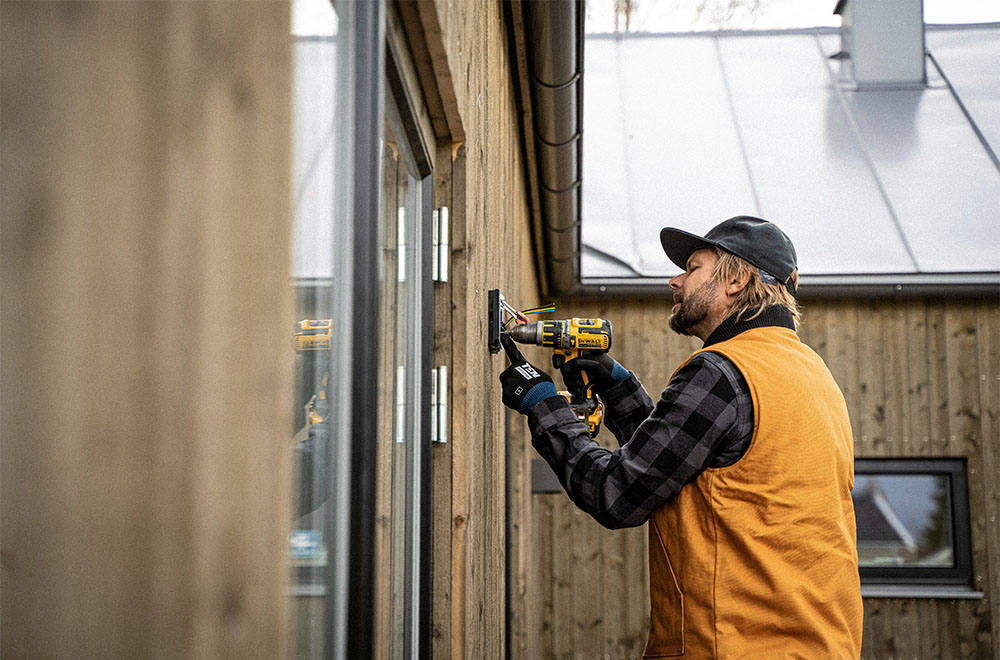Choosing between options can often lead to prolonged discussions or indecision, both of which can be frustrating and time-consuming. Thankfully, some solutions can provide quick answers and foster agreement among groups.
One such tool is a spin wheel, which introduces an element of randomness that can be beneficial when making decisions. Here’s a look at six scenarios where employing a spin tool can save time and settle lingering disputes.
Making Choices During Meetings
In meetings, discussions can easily become unproductive when members cannot reach a consensus. Using a random spinner wheel can help make quick choices on topics such as which project to prioritize or who should lead a task. All participants contribute options to the wheel, and when spun, the selection is made with no hard feelings.
This technique keeps things moving forward and can energize the team. Another effective method is to establish clear parameters around what each spin represents. If task selection is in question, each segment of the wheel can be a linear option like ‘Task A,’ ‘Task B,’ or ‘Task C.’ The element of randomness adds fun and maintains project momentum without drawn-out debates about priorities in the workplace.
Choosing Activities for Events
When planning social or corporate events, deciding on activities can lead to diverging opinions. Members might argue over whether to have karaoke or a trivia contest. Why not resolve this swiftly? Using a spin tool can narrow down choices with fairness, allowing group members to see that everyone had a say.
Regardless of the context, be it a birthday party or a corporate retreat, integrating a spin tool brings a playful approach to decision-making. Making this a team effort makes everyone feel included and happy with the result. This method encourages group participation while minimizing disputes about what activities to pursue first.
Deciding on Dinner for a Group
Dinnertime decisions can often spark debate that derails the evening, especially when multiple tastes and preferences are in play. The simple act of spinning a wheel can alleviate this friction among friends or family members. Each diner can suggest their preferred restaurant, which gets added to the spin tool.
Once spun, the decision is made purely by chance, taking the heat off individuals to justify their choice. This tool creates a drama-free selection and introduces diners to new culinary experiences. When groups commit to unfamiliar eateries, it may lead to delightful surprises and foster a sense of adventure. Options can get repeated, bringing a fun aspect to the dining experience, as the randomness encourages spontaneity.
Settling Family Disputes
Family members often disagree over minor household decisions, from what movie to watch to the location of family gatherings. A spin tool can smooth tensions and keep the peace. Instead of quarrels over individual opinions, the family can compile different options and let the wheel dictate the choice.
Such practices encourage cooperation and prevent frequent squabbles by creating a system that treats decisions with impartiality. Families can establish their unique parameters around wheels, integrating specific segments that reflect personal tastes. On special occasions, it could become part of family fun, fostering connections while mitigating frustrations in daily choices.
Developing Team Engagement in Workplaces
Engaging employees requires innovative methods to keep them interested and motivated. In a corporate environment, using a spin tool for team-building exercises or training sessions can increase participation. Teams can create engaging content that’s relevant to the work performed, where choices stem from both humorous and serious elements.
This type of engagement initiates lively discussions while keeping the pressure off specific individuals. Fast decision-making helps maintain the pace of work and allows groups to shift focus to tasks that require doing. Spinning can offer sporadic enjoyment that revitalizes a team’s enthusiasm to take on more ambitious tasks by easing bottlenecks during brainstorming sessions.
Making Parenting Decisions
Parents face numerous decisions daily, whether it’s selecting entertainment for the kids or establishing weekend plans. A spin tool can effectively help resolve these queries among children’s suggestions while promoting cooperation and understanding among parents and their offspring. Involving kids in the decision-making process empowers them and builds their confidence. It is an enjoyable experience that gives children a sense of agency while making family life more harmonious.
Incorporating this tool into parenting routines teaches kids valuable lessons about choice and chance. As the spinning ensues, participants may discuss preferences openly, leading to conversations around their decisions and feelings towards certain activities. Spinning tools aren’t just about decision-making; they bring laughter, anticipation, and enjoyment into everyday scenarios that can sometimes feel mundane or routine.
With these six examples illustrating the practical and entertaining nature of spin wheels, it becomes apparent that their use can streamline the ability to come to conclusions quickly and effectively. They serve to unite groups and cut down on indecision and tension across various settings. Embracing such a tool in your decision-making toolkit can foster satisfaction and keep relationships strong.






